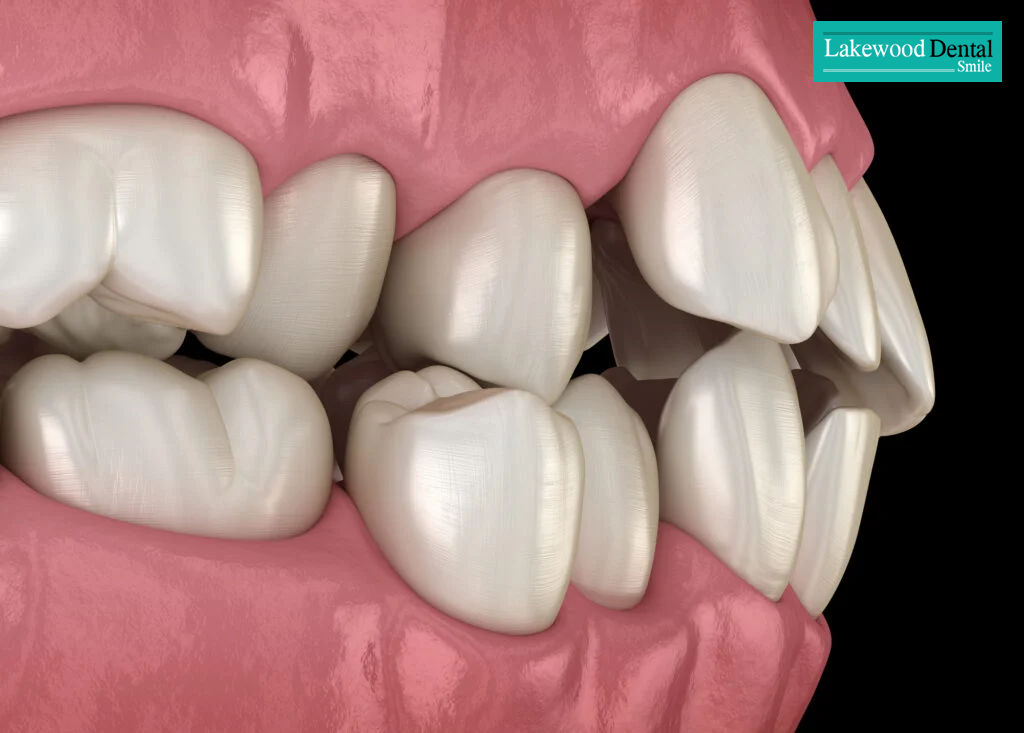Knowing how to prevent plaque formation is essential for keeping your teeth healthy and your gums free from disease. Plaque is a sticky layer of bacteria that forms naturally on your teeth every day. If not removed, it hardens into tartar, leading to cavities and gum infections. While you can’t eliminate bacteria entirely, consistent oral hygiene and professional care can effectively control plaque and maintain your smile’s health.

🪥 Brush Twice a Day
The first step to prevent plaque formation is regular brushing. Use a soft-bristled toothbrush and fluoride toothpaste to clean your teeth thoroughly. Ideally, brush after every meal — but if not possible, make sure to brush before bedtime.
Replace your toothbrush every three to four months to maintain effectiveness. Proper brushing removes food particles and bacteria before they have time to stick to your teeth, reducing plaque buildup naturally.
🧵 Clean Between Your Teeth
Plaque doesn’t only form on visible surfaces — it hides between your teeth as well. Brushing alone can’t reach these tight spaces, so flossing becomes critical. Make it a daily habit to floss gently and remove trapped food particles.
If you find traditional flossing difficult, try alternatives such as:
- Dental picks
- Pre-threaded flossers
- Interdental brushes
- Water flossers
These tools help clean hard-to-reach areas and keep your gums healthy, ensuring that preventing plaque formation is part of your everyday routine.
🧴 Rinse with Mouthwash
Antibacterial mouthwash can play a major role in keeping plaque under control. It helps reduce bacteria levels and freshens your breath. However, choose your mouthwash wisely — alcohol-based rinses can dry your mouth, reduce saliva and allow more plaque to form.
Ask your dentist for an alcohol-free mouthwash recommendation. The right rinse complements brushing and flossing, making it easier to prevent plaque formation effectively.
🍭 Limit Sugar and Starch Intake
Sugary and starchy foods are prime fuel for the bacteria that cause plaque. When bacteria feed on leftover sugars, they produce acids that erode tooth enamel. To protect your teeth, limit foods like sticky candies, potato chips, and soft drinks.
If you consume them occasionally, drink water right afterward to wash away residue and neutralize acids. Making mindful food choices is one of the most effective ways to prevent plaque formation naturally.
💧 Stay Hydrated
Water is your mouth’s best defense. Staying hydrated promotes saliva production, which naturally helps rinse away food particles and bacteria. Saliva also neutralizes acids, reducing the conditions where plaque thrives.
Avoid sugary or carbonated drinks that dehydrate your mouth. Regular water intake supports a healthy balance and keeps your oral environment clean and protected.
🦷 Visit Your Dentist Regularly
Even with the best home care, professional cleanings are vital. Your dentist can remove hardened tartar and detect early signs of gum problems. Routine dental visits not only clean areas your brush can’t reach but also reinforce your efforts to prevent plaque formation in the long term.
If you’re located in Dearborn, Michigan, you can trust Lakewood Dental Smile for expert preventive dental care. Their experienced team provides gentle cleanings, advanced diagnostic checks, and personalized oral health guidance to help you maintain a bright and healthy smile.
Regular plaque prevention routines not only protect the teeth but also support long-term gum and bone health. When plaque is controlled, your mouth maintains a stable pH level, reducing bacteria that cause inflammation. Over time, these small daily habits lower your chances of tooth loss, enamel erosion, and chronic gum sensitivity.
🌟 Final Thoughts
Consistent brushing, flossing, mindful eating, and regular dental visits together help prevent plaque formation effectively. With good daily habits and professional guidance, you can avoid gum disease, tooth decay, and staining — all while preserving a confident smile. Maintaining your oral hygiene doesn’t have to be complicated; it just needs to be consistent.



